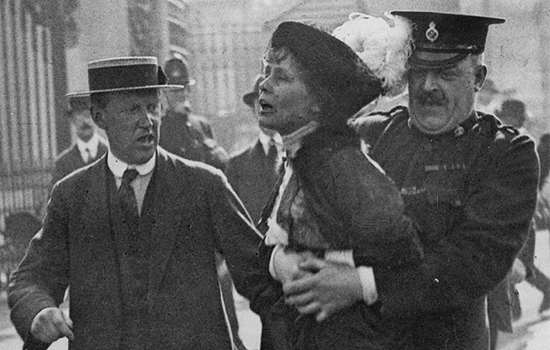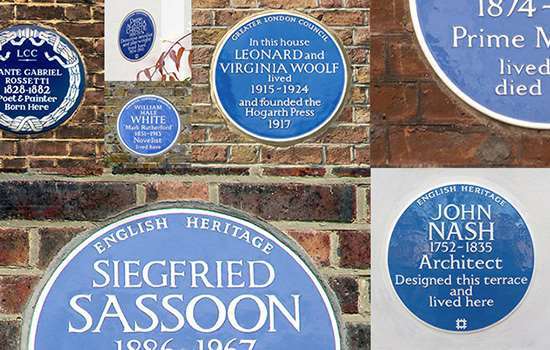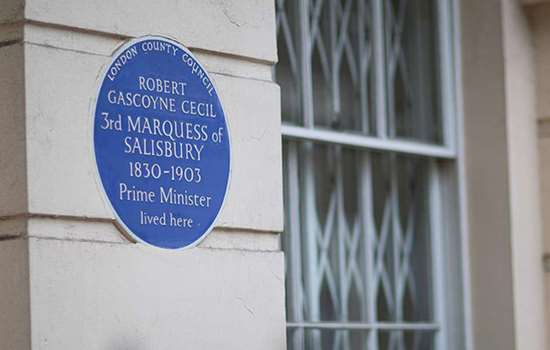MENON, V.K. Krishna (1896-1974)
Plaque erected in 2013 by English Heritage at 30 Langdon Park Road, Highgate, London, N6 5QG, London Borough of Haringey
All images © English Heritage
Profession
Diplomatist and Politician
Category
Politics and Administration
Inscription
V.K. KRISHNA MENON 1896-1974 Campaigner for Indian Independence lived here
Material
Ceramic
The statesman VK Krishna Menon was a key figure in India’s fight for independence and the country’s first High Commissioner in London. Menon is commemorated with a blue plaque at 30 Langdon Park Road in Highgate, the house he lived in from 1929 to 1931 when he first moved to London.
PUBLISHING, POLITICS AND LONDON LIFE
Despite being deeply opposed to British imperialism, Vengalil Krishnan Krishna Menon felt a deep connection with the British public. He moved to England from Madras in 1924 – first to Letchworth – and studied law and political science.
He is first recorded at 30 Langdon Park Road in May 1929 and stayed until at least October 1931. A notorious ascetic, Menon reportedly lived on a diet of tea, drinking up to 30 cups a day, while eating only toast, buns, or biscuits. In the 1930s, Menon worked as an editor at the Bodley Head, where he had a key role in the foundation of the celebrated Penguin and Pelican imprints.
Elected as a Labour councillor for the Borough of St Pancras in 1934, he held his seat for 14 years and was Chair of the Library Committee. In this capacity, Menon introduced travelling libraries, children’s corners and the loaning of gramophone records – his ambition to open as many libraries in the borough as there were pubs was unrealised, however. During the Second World War, he served as an air raid warden around Camden Square where he was living at the time and in 1955 he was made a freeman of St Pancras, only the second person ever to be given the honour – the first was George Bernard Shaw.
INDIAN INDEPENDENCE
As part of his fight for India’s independence, shortly after arriving in England, Menon re-founded the Commonwealth of India League – a low-key campaign group with self-rule for India as its aim. He was an indefatigable pamphleteer and platform speaker: James Callaghan, the former Prime Minister, described Menon as ‘the embodiment of the movement within Britain for India’s freedom’.
In 1947, Menon was appointed by Jawaharlal Nehru as independent India’s first High Commissioner in London. Keeping India within the British Commonwealth after gaining independence, and thereby setting the precedent for other republican constitutions to remain within it, is often cited among his greatest achievements.
LATER LIFE
Menon resigned his post as High Commissioner in 1952 after a row over his part in the purchase of sub-standard jeeps for the Indian Army, and was elected to the Delhi Parliament in 1953 following his return to India. However, his Cabinet career ended in controversy when in 1962, while Minister of Defence, he was blamed for India’s defeat in a border confrontation with China. Later cleared of any fault, he returned to India’s Parliament in 1969 as an independent.
VK Krishna Menon died on 5th December 1974 in New Delhi.


